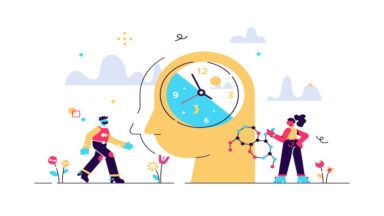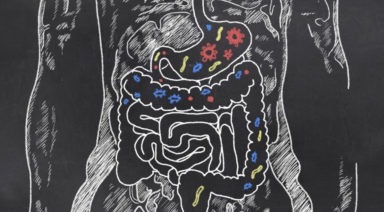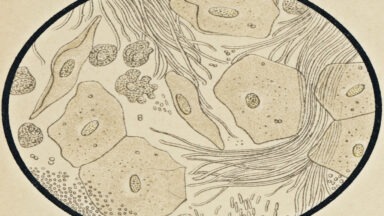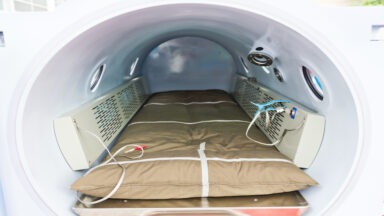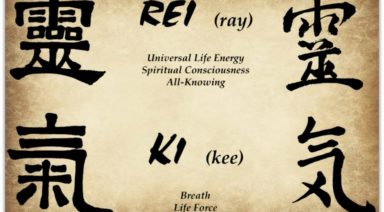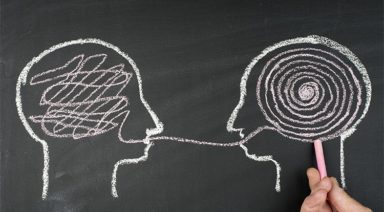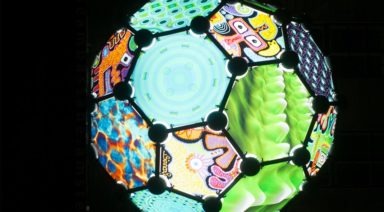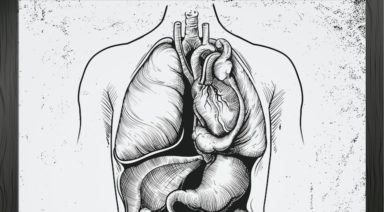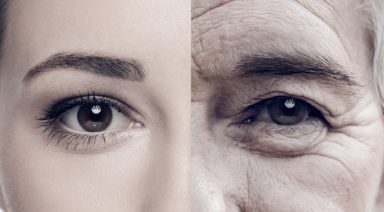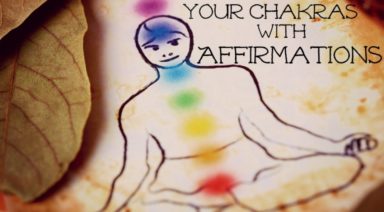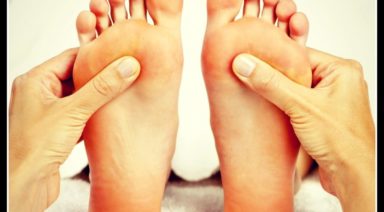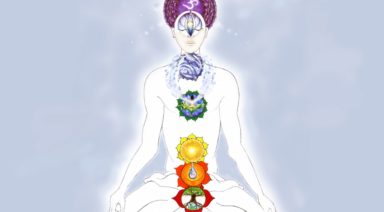Study Finds Anti-Inflammatory Meds Are Causing Chronic Pain

A groundbreaking new study suggests that commonly used anti-inflammatory drugs and steroids may cause pain to become chronic. Could this lead to a dramatic paradigm shift in how pain is managed and prevented?
For the vast majority of people in acute pain, taking an over-the-counter anti-inflammatory, such as ibuprofen is the usual course of action. Inflammation has, for decades, been seen as a cause of pain and its control, the goal of patients and doctors. A new study suggests, however, that inflammation may actually be necessary to prevent pain from becoming chronic.
Given today’s overwhelming prevalence of chronic pain — pain that persists for more than three months — scientists have lately been turning their focus to studying the process by which acute pain transitions into more lasting and debilitating pain.
Researchers at McGill University recently completed a study in which they observed this process, using several methods. First, they looked at patients with lower back and facial pain.
Upon analysis of their immune cell samples, the scientists were surprised to find that those whose pain resolved showed an intense spike in the activity of inflammatory genes during the acute pain stages, which then rapidly diminished within three months.
Researchers then conducted an animal study in which they treated mice with various pain medications. They found that those who received steroids or non-steroidal anti-inflammatories, eventually developed chronic pain, while those treated with other kinds of pain drugs, such as lidocaine, did not.
Finally, the team examined data from a large group of people and found that those who took anti-inflammatories had almost double the chance of developing chronic pain than those who took no drugs or other drugs that didn’t suppress inflammation.
The findings strongly suggest that our immune system’s natural inflammatory response may help the body resolve pain while taking drugs that suppress this natural process does just the opposite.
An important note is that researchers believe that most of the harm comes from the long-term use of these drugs. While some experts urge caution in this interpretation and are calling for further clinical study, many are heralding the findings as groundbreaking.
Dr. Thomas Buchheit of Duke University told the New York Times, “This is absolutely a paradigm shift, there is this unspoken rule: if it hurts, take an anti-inflammatory, and if it still hurts, put a steroid on it.” But, he said, “…we have to think of healing and not suppression of inflammation.”
Dr. Masimo Allegri, lead author of the study told the American Association for the Advancement of Science, “The biggest clinical implication is a complete reconsideration of both prevention strategies and treatments.”
While further research is forthcoming, this study does seem to provide convincing evidence of the body’s innate intelligence for healing, and the importance of allowing it to do so without interference.
How to Tune the Circadian Rhythms in Your Body
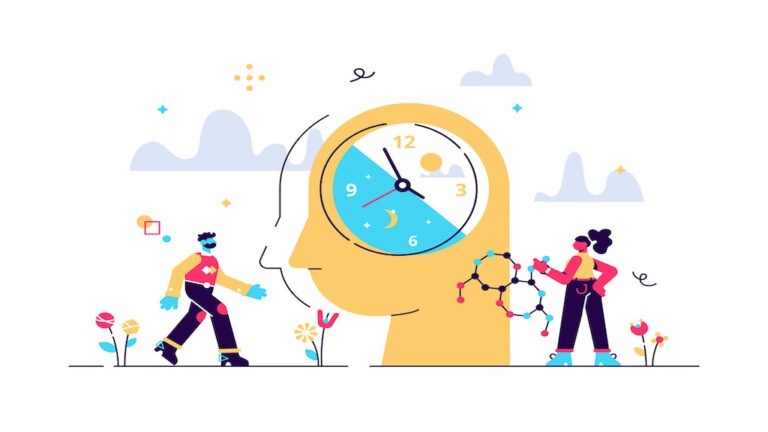
Never before have we lived so out of sync with the rhythms of nature. Can the resulting damage to our health be reversed? The new science of circadian medicine shows great promise in doing just that.
Until the industrial revolution, humans lived in accordance with the natural cycles of light and dark, or circadian rhythms. That all changed with the advent of electricity and artificial light. Today, our modern lifestyles and especially our exposure to blue light from electronic devices, have been making a major impact on our internal biological clocks. Research in an emerging field called circadian medicine is finding that there are ways to reset our circadian systems and bring us back into balance.
Dr. John Douillard is a renowned ayurvedic practitioner who’s been following the developments in the field and incorporating what he calls “circadian wisdom” in his practice for years.
“So the research is telling us that there are biological clocks in pretty much every cell of our body,” Douillard said. “But those biological clocks have to stay, like every clock, you have to set the clock to make sure it’s right and telling the right time. So the biological clocks are in sync with the circadian rhythms which are the light/dark cycles, both daytime, and the seasonal light/dark cycles.”


